Gang violence, death threats and police on dating apps: The brutal reality of being LGBTQ+ in Egypt
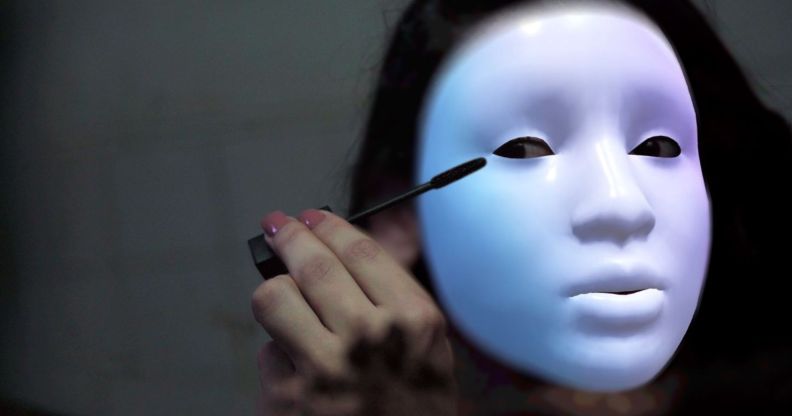
Laila, who is trans, shared stories of facing harsh abuse and persecution because she’s part of the LGBTQ+ community. (BBC)
The LGBTQ+ community in Egypt is under attack from violent gangs and authorities, and a landmark documentary is detailing queer folks’ “relentless courage” in the face of “relentless oppression”.
While homosexuality itself is not technically illegal in Egypt, queer people living in the African country face high levels of stigmatisation and discrimination.
Courts have convicted queer people – who are just living their lives, dating or engaging in same-sex activity – using “debauchery”, a sex work law. In 2020, Human Rights Watch detailed how Egyptian authorities “routinely pick people off the streets based solely on their gender expression, entrap them through social networking sites and dating applications, and unlawfully search their phones”.
This oppressive environment forces many queer people in Egypt to live silent, secret lives for fear they will be caught by authorities.
Reporter Ahmed Shihab-Eldin met with members of the LGBTQ+ community who have been targeted by authorities and gangs, for a new BBC World Service investigation titled Queer Egypt Under Attack.
The journalist grew up in Egypt for almost a decade, and he tells PinkNews he’s “painfully aware” of the “pervasive homophobia and transphobia that permeate society” in the country.
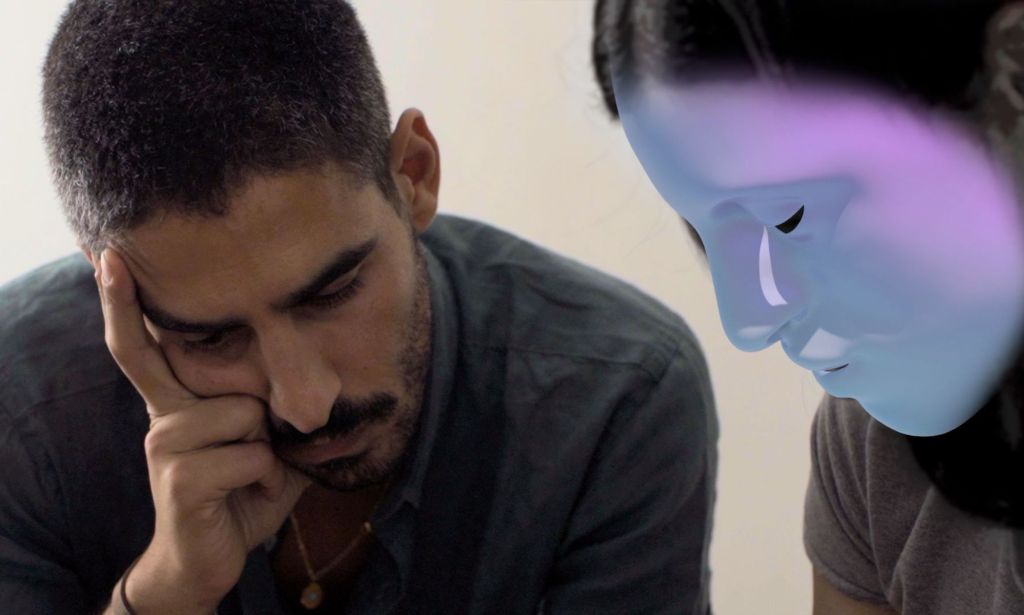
He describes the situation for queer people in Egypt as “tragic” and “troubling”, adding there’s a “sense of desperation that’s been growing” in recent years.
“The reality is that Egyptian police security officers arbitrarily arrest lesbian, gay, bisexual, and transgender people,” he says. “They detain them in inhumane conditions, they subject them to all kinds of abuse and this is well-documented.”
He adds it’s not just the police that ‘dehumanise’ people from the LGBTQ+ community – it’s in the media too. In Egyptian pop culture, particularly on social media, he says there is rhetoric on a daily basis, equating homosexuality to “terrorism” or that “these people should be killed”.
Trans person who fled to Egypt to escape ‘nightmarish’ abuse still faces harsh discrimination
In the documentary, there are clips of broadcasters in Egypt openly condemning LGBTQ+ people, and there are videos of queer people being horrifically attacked leaked onto social media.
Shihab-Eldin spoke to two people, Laila and Jamal, who were victims of one such video that went viral in Egypt a few years ago. The footage shows them being beaten, abused and forced to strip naked.
They are forced, at knife point, to disclose their full names and their sexuality by a duo, who are notorious for such appalling acts within the community.
Laila, who is trans, shares in the documentary how she fled terrifying abuse at the hands of her father in Jordan to seek safety in Egypt. She recalls how her father beat her and tied her up with a chain for 12 days.
“I have nightmares about this to this day,” she says in the documentary. “I don’t know how he thought he was caring for me.”
However, while in Egypt, Laila faces harsh discrimination and similar abusive conditions, including unstable housing and unemployment.
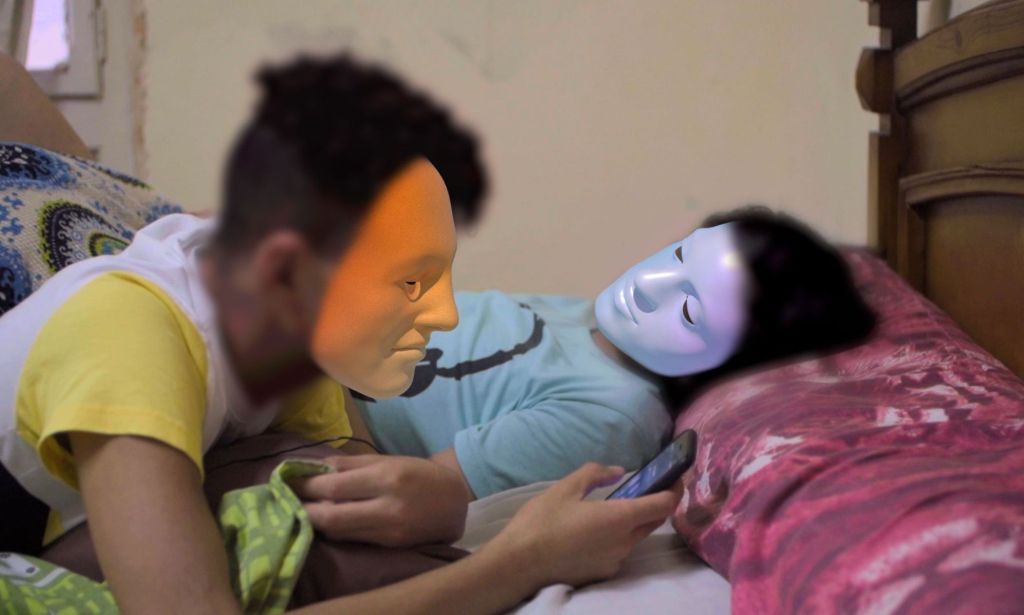
She shares how she can “survive by doing sex work”, but this puts her at risk of being caught by authorities who are using dating apps to catch LGBTQ+ people.
Shihab-Eldin tells PinkNews he spoke to “dozens of people”, but unlike Laila, very few were willing to go on record. He thinks part of the reason Laila and Jamal decided to speak out is “because they have little to lose”.
“The level of fear, the level of despair and the level of pain that each of them shared with us and that we were documenting is a lot, it’s heavy,” he says.
“There’s no safe place to turn. They can’t go to the authorities. They can’t turn to their families – so many of them get kicked out of their homes, the same stories of neglect, dehumanisation.”
Despite such horrifying conditions, Shihab-Eldin remembers being struck by LGBTQ+ people’s “relentless courage in the face of relentless oppression and repression” in Egypt.
At one point in the documentary, there is a beautiful moment where Laila is hanging out with her best friend Mostafa. The pair sing, scroll through their phones and share their dreams of living somewhere outside Egypt, where they won’t face persecution.
“With no fear, no horror, our mental health would be a lot better,” says Leila.
“No matter how life separates us, we’ll always find a way to meet again,” Mostafa adds.
For Leila, that dream would become reality. The documentary details how she is eventually granted asylum in Sweden, and she gushes about being able to meet new people and potentially enrol in education.
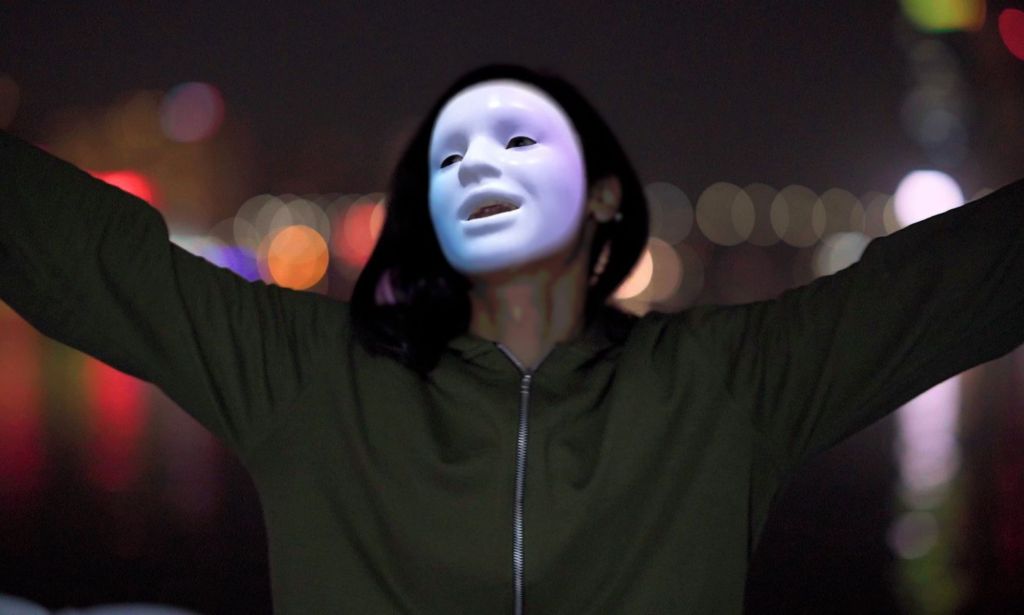
Shihab-Eldin says there was a “lot of joy” in Leila arriving in Sweden, but this was tempered by concern about what challenges Leila would face abroad.
“I was happy for her that she was out of immediate danger in this hostile environment,” he says. “I was also really concerned because I know the reality of what it’s like for… asylum seekers… particularly LGBTQ+ people.”
Shihab-Eldin describes a ‘watershed moment’ that led to intense persecution of LGBTQ+ people in Egypt
He says his concerns for Leila were compounded by memories of outspoken LGBTQ+ Egyptian activist Sara Hegazi, who died in 2020, and others who faced intense persecution after a 2017 concert.
Hegazi was imprisoned after waving a rainbow flag at a concert by Lebanese band Mashrou’ Leila, whose lead singer is openly gay and an LGBTQ+ activist.
The sight of the flag outraged many in the Egyptian establishment, and it ignited an anti-LGBTQ+ crackdown by authorities.
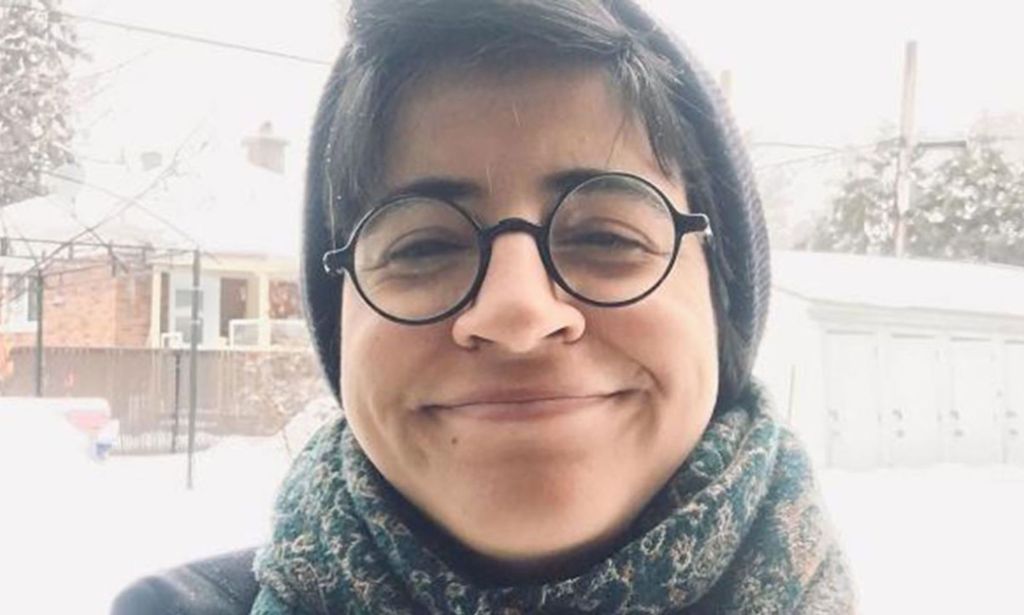
In interviews, Hegazi said she was tortured by Egyptian authorities for months before being released on bail. She fled to Canada shortly afterwards in fear she would again be persecuted as an openly gay woman in a country that routinely targets LGBTQ+ people.
Hegazi died by suicide in 2020, but is remembered as a stalwart and powerful voice in the fight against anti-LGBTQ+ hate in Egypt.
“I knew what was awaiting her [Leila]… she’s going to struggle with a lot of the same issues but with even more issues like being potentially isolated, culture shock and not being able to assimilate,” Shihab-Eldin says.
He continues: “I was very aware at that moment that the lasting effects of the trauma she had endured as a result of coming from this environment aren’t immediately remedied and evaporated by landing on Swedish soil.
“The Hegazi [story] was such a watershed moment in the Arab world for so many people so, for me, that’s one of the things I remember the most.”

